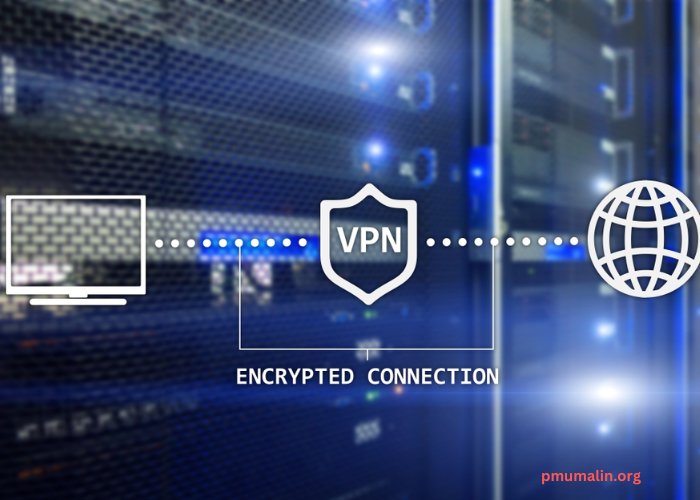Businesses operating globally face multiple challenges in managing their online operations securely and efficiently. Virtual Private Networks (VPNs) are pivotal tools at their disposal. However, selecting and utilizing VPN services is no small task due to the intricacies involved. This comprehensive article sheds light on what businesses must consider when navigating the complex world of global VPN, ensuring a secure, adaptable, and law-compliant online environment.
Understanding Legal and Regulatory Frameworks
Before selecting a secure connection service, businesses must familiarize themselves with the legal and regulatory landscapes of the countries in which they operate. Legislation regarding internet usage, data protection, and privacy varies significantly across borders, impacting how private networks can be legally utilized. Businesses must ensure their use of such services aligns with local laws to avoid potential legal repercussions. This entails thoroughly analyzing compliance requirements in each operational jurisdiction, demanding a nuanced approach to the network’s deployment.
Evaluating VPN Providers: Beyond the Basics
The market is flooded with reliable providers, each promising superior service. However, businesses must look beyond marketing claims and evaluate potential services based on comprehensive criteria. This includes examining the provider’s infrastructure robustness, server distribution, speed, and reliability. A provider with a wide array of servers across different countries offers more flexibility, allowing businesses to maintain optimal service quality by switching servers as needed. Additionally, evaluating the provider’s commitment to privacy through independent audits and transparency reports is crucial for ensuring data integrity.
The Importance of Speed and Performance
For businesses, speed and performance are not mere conveniences but necessities. A reliable service that slows down internet speeds or suffers frequent downtime can significantly hamper operational efficiency and productivity. When assessing proper networking services, businesses must consider bandwidth limitations, server performance, and the impact on latency. Opting for providers that offer dedicated business solutions with guaranteed uptime and high-speed connections can mitigate these concerns, ensuring seamless operation.
Advanced Security Features for Enhanced Protection
While the primary function of a secure tunnel is to encrypt data traffic, businesses should seek advanced security features for heightened protection. This includes multi-factor authentication (MFA), robust encryption protocols, and the ability to configure custom security policies. Additionally, features such as split tunneling and kill switches that offer further control over data traffic and security are invaluable. Businesses should prioritize providers that continuously update their security features to combat evolving cyber threats.
Compatibility and Integration with Existing Infrastructure
A privacy solution must seamlessly integrate with a business’s IT infrastructure without requiring extensive modifications. Compatibility with various operating systems and devices, ease of deployment, and support for simultaneous connections are critical factors to consider. Furthermore, businesses should assess the level of technical support the VPN service provides. Reliable customer support and technical assistance are necessary for promptly resolving issues and minimizing downtime.
Assessing Capability Future Growth
As businesses grow, their network protective needs will evolve. Selecting a reliable service that can scale according to changing requirements is vital for long-term viability. This includes the capability to add more users, increase bandwidth, and expand geographic coverage without significant disruptions. Providers that offer flexible pricing models and customizable plans can accommodate growth, ensuring businesses are not constrained by their service as they expand.
Data Sovereignty Compliance
With data protection worldwide under increasing scrutiny, understanding and adhering to data sovereignty laws is paramount. These laws dictate that data must be stored and processed within the legal boundaries of the country where it originates. Therefore, a provider must offer a network architecture that aligns with these laws, ensuring that a business’s data handling practices remain compliant across different jurisdictions. This includes providing data routing and storage options that respect the legal requirements of countries involved in a business’s operations.
Choosing the appropriate service for global VPN is vital for any business aiming to thrive in the international market. It fortifies security measures and ensures an agile and compliant operational framework. This strategic decision empowers firms to navigate the complexities of the digital world with confidence, fostering growth and resilience in a global landscape.
